The opportunistic teacher who embraces the leisure interests of his pupils in the hope of leading them to higher things is as frequently unsympathetic to the really valuable qualities of popular culture as his colleague who remains resolutely hostile. A true training in discrimination is concerned with pleasure.
Bio/Short Description
Henry Giroux is an American and Canadian scholar and cultural critic. One of the founding theorists of critical pedagogy, he is best known for his pioneering work in public pedagogy, cultural studies, youth studies, higher education, media studies, and critical theory. A high-school social studies teacher in Barrington, Rhode Island, for six years, Giroux has held positions at Boston University, Miami University, and Penn State University. In 2005, Giroux began serving as the Global TV Network Chair in English and Cultural Studies at McMaster University in Hamilton, Ontario. He has published more than 60 books, 200 chapters, and 400 articles.
HOW THEY INFLUENCED YOU?
Other Grandparents
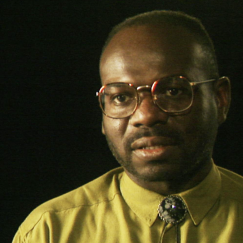 Marlon Posted By: Renee HobbsOn:11/29/2023 - 00:56
Marlon Posted By: Renee HobbsOn:11/29/2023 - 00:56
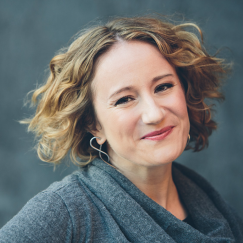 danahPosted By: Yonty FriesemOn:01/06/2023 - 07:34
danahPosted By: Yonty FriesemOn:01/06/2023 - 07:34
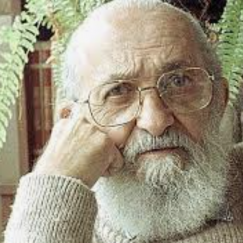 PaoloPosted By: Renee HobbsOn:07/22/2021 - 16:11
PaoloPosted By: Renee HobbsOn:07/22/2021 - 16:11
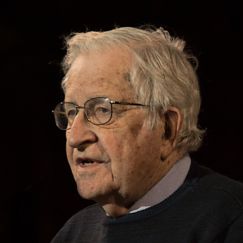 NoamPosted By: Renee HobbsOn:05/23/2020 - 03:48
NoamPosted By: Renee HobbsOn:05/23/2020 - 03:48
 Jon Posted By: Renee HobbsOn:05/10/2020 - 00:12
Jon Posted By: Renee HobbsOn:05/10/2020 - 00:12

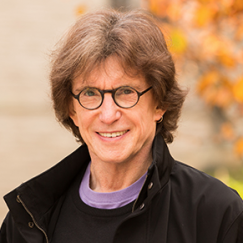


Ralph Beliveau
I had worked in media production in Chicago and LA, and ended up teaching radio and television at a high school on the border of the South-west side of Chicago. I was trying to understand how to take my popular culture interests and combine them with my teaching and intellectual curiosity (searching for what Henry jenkins would later call the Acafan).
I was in the Borders in Oakbrook, IL (remember when they were real bookstores with university press and radical books?). I picked up a copy of Popular Culture, Schooling, and Everyday Life which was edited by Henry Giroux & Roger Simon. The authors in this collection demonstrated how one could link teaching, learning, media, and serious cultural critique. Giroux stood out because of his intellectual rigor, but also because of his passion for education as a home for social justice.
The students I had been working with wre trying to see the connection between their passions and their life directions. As I read more of Giroux's writing I saw how popular culture and schooling were where intersectional identities were forming, and this would accelerate on a massive scale as the following years saw the digital network become the place where that would happen. Giroux, heavily influenced by Herbert Marcuse and Paolo Freire, taught me where and how to look to find a place where critical thinking met popular culture and took seriously the responsibility for using medial literacy to achieve social justice in all of its identity formations.